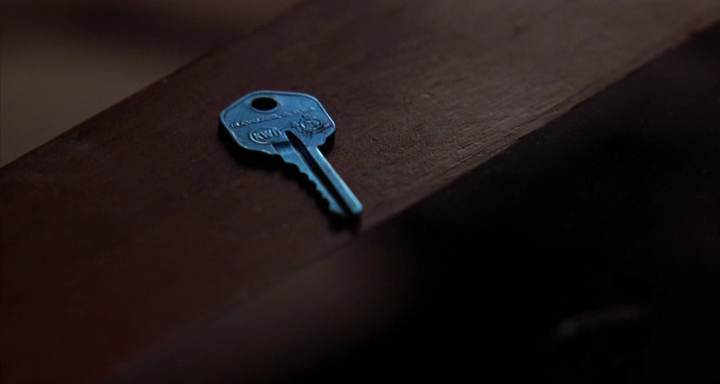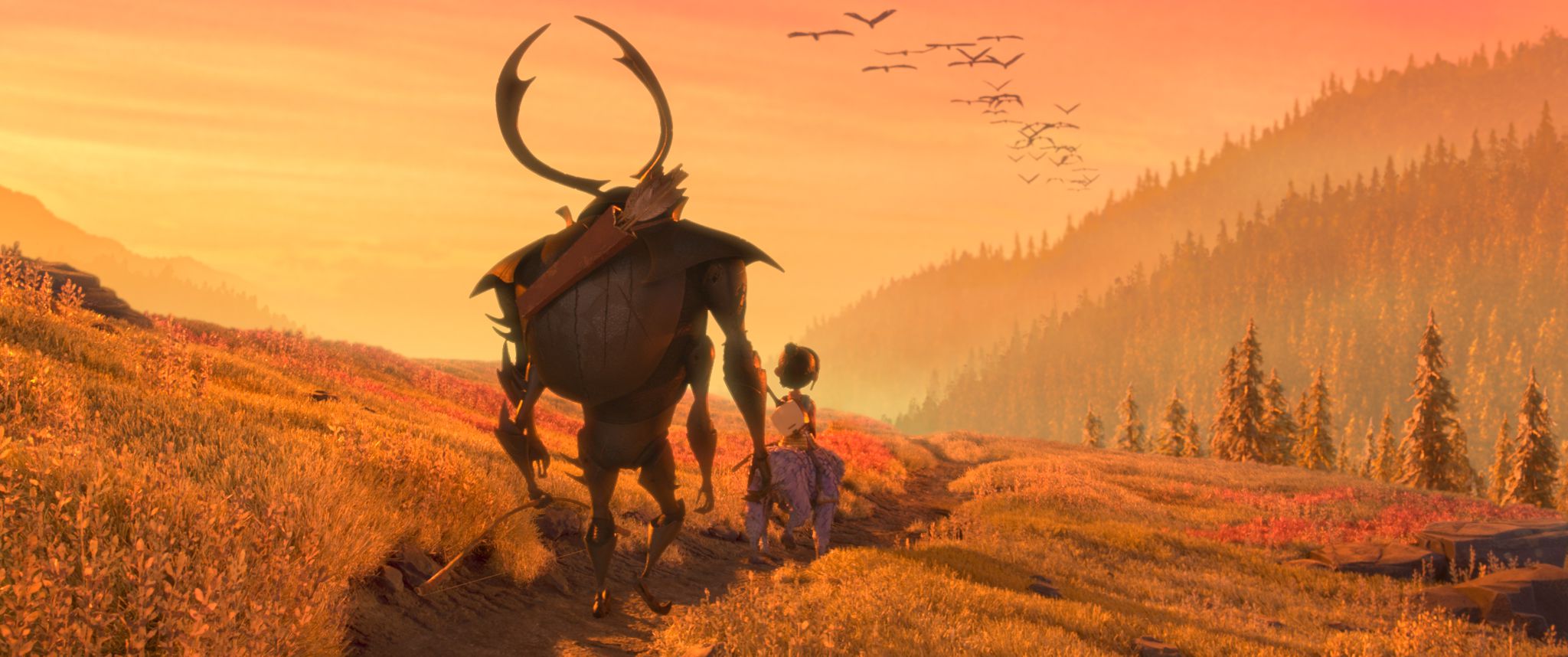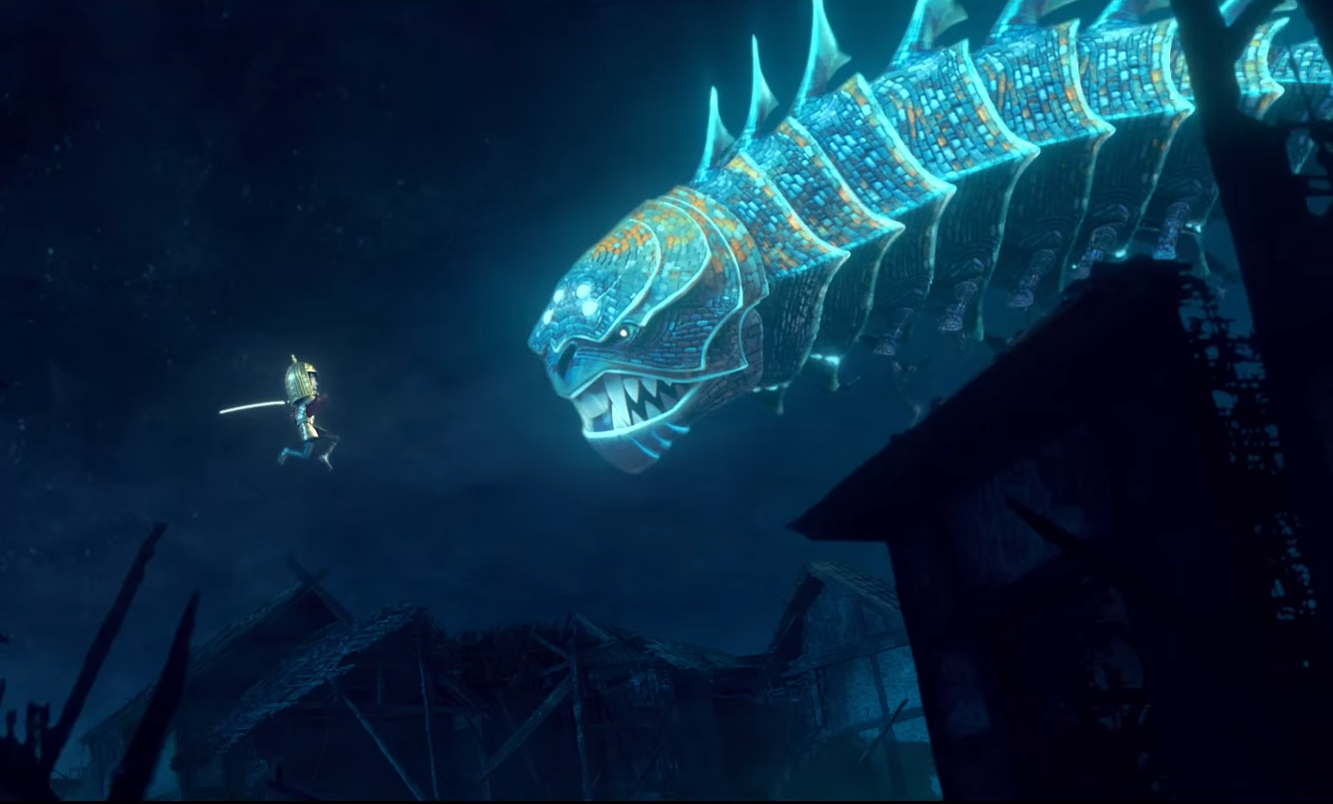The vision opens with a group of kids, circa 1950s, energetically
dancing the Jitterbug. The sashaying and twirling is hypnotic until the dance
is interrupted by a girl with short blonde hair laughing with her
companions. And then the story begins.
A car with two men up front and a glamorous woman in back
stops. She says, “This isn’t where we
are supposed to stop,” and the man in the passenger seat pulls out a gun and
commands her to get out. Just as the
tensions run high, two group of kids in impossibly speeding vehicles crash into
their car. The glamorous woman crawls
out of the wreckage and collapses. Then
she gets up, confused, walks off of Mulholland Drive, wanders over to Sunset
Blvd and then to a high-end apartment building in L.A.
The streets remind us of other movies that take place in a
secret Hollywood, the Hollywood-behind-Hollywood in which violence and sex
rules the lives of the stars, directors and producers of the films we all
clamor to see. Young actors are
desperate for attention, and famous actors bask in their decadence and power
over others. How much of this is real is
almost impossible to say, as the gossip about Hollywood is as creative as the
on-screen entertainments. But it is in
the netherworld of speculation and desire that Mullholland Dr. takes place.
The filmmaking is almost perfect. We enter quickly into the story of Betty and
her companion “Rita” who has forgotten her identity. The acting is odd, at a distance from
reality, but Naomi Watts and her co-stars are so larger than life, so
melodramatic that we aren’t concerned at all.
As the story moves on, we become more confused. What causes
the run of horrendous luck of the director, Adam? Why does Adam’s wife, when caught in bed with
the pool man, say, “Now you’ve done it.”
Why can Betty and “Rita” so easily enter an apartment, although it is
overseen by the police and a neighbor? Why
is there a full ashtray when no one is smoking? On the surface, we might think
of these as simple contradictions—not like we haven’t seen such obvious errors
before in film. But this isn’t your average
filmmaker. This is David Lynch, who eats
a few contradictions for breakfast, before spitting out an analogy that
clarifies them into a paradox.

More than a plot that becomes more confusing as the film
goes on, this film is almost perfect cinematically. Every shot is distinctive, having their own
flavor, as if we were if a buffet of cinematic eras. I finish the film and want to watch it again,
not just to try to grasp some of what I didn’t understand, but to simply watch
the colors and textures. To hear the
sounds and to glory in the latter insanity.
This is Lynch’s mysterious masterpiece, having hints of Blue Velvet and
Eraserhead, but beautifully vanquishing both.
*** Spoilers Ahead***
The biggest question we are left with after the film is:
WTF? What was that all about? And we scan the internet to see if we can
find any clues. It turns out that David
Lynch himself, explaining nothing, has given us some details to explore, which
might, he suggests, explain the film:
Pay particular attention in the beginning of the film: At
least two clues are revealed before the credits.
Notice appearances of
the red lampshade.
Can you hear the title
of the film that Adam Kesher is auditioning actresses for? Is it mentioned
again?
An accident is a
terrible event—notice the location of the accident.
Who gives a key, and
why?
Notice the robe, the
ashtray, the coffee cup.
What is felt, realized
and gathered at the Club Silencio?
Did talent alone help
Camilla?
Note the occurrences
surrounding the man behind Winkie's.
Where is Aunt Ruth?
Perhaps these are clues, but they are as Lynchian as anything
in Eraserhead. Not much help for those
of us without a clue, although on my next viewing I might hold these clues
before me and try to answer all of these questions.
I believe that a key to the film is found in a quote from
Laura Harding’s attempt to grasp at the straws: “Who we are does not count for
much—what matters instead is what we are about to do, what we want to do.”
I hold that the basic meaning of the film…or at least the
meaning that means the most to me now… has to do with desire. There are two Hollywoods in the film, and
both are the Hollywood of imagination. The first is the Hollywood of dreams, where a
young girl gets ahead on talent alone.
The second Hollywood is that of gossip, where everyone famous is corrupt
and takes advantage of the power they have.
Although the one we see dreaming is Rita, they are both fantasies of
Diane. The first is the dream of her
desire, the second is the fantasy Diane thinks she lives in.
Betty is who Diane wishes she could be, innocent,
professional, seeking after her ideals, letting nothing stand in her way. Rita is who Diane wishes Camila would be,
helpless, needing to be guided, ready to be loved. Camila, meanwhile, is a separate character,
who gets the role Diane wants because of a mob producer’s threats. Adam, meanwhile, is remarkably consistent in
the two distinct Hollywoods, although in the first he his hapless and punished,
while in the second he is overjoyed at the same events of his life.
There are so many other themes: that of identity, that of illusion
(and disillusionment), that of power and the cost of revenge. All of it makes sense though, when we see the
film through the haze of Diane’s desire and how she reacts when her desires
cannot be met.
Personally, her response reminds me of men’s rights
activists, who look at women as objects of desire both in sex and in
power. When women will not submit to
their desires, then they embark in a moral fantasy, creating “musts” for women
that have no resemblance of who women are or should be. At times, this fantasy becomes so pervasive
that they must shatter reality in order to conform it to their desires.
But I think the point of the film is to talk about the power
of desire and how broken we are when we are disillusioned. In the end, when
Diane realizes that she is no Betty and Camila no Rita and that she is actually
the evil one in the Hollywood she created, she kills herself, freeing her of
both fantasies—the one she is forced to live and the one she only dreams about.




















